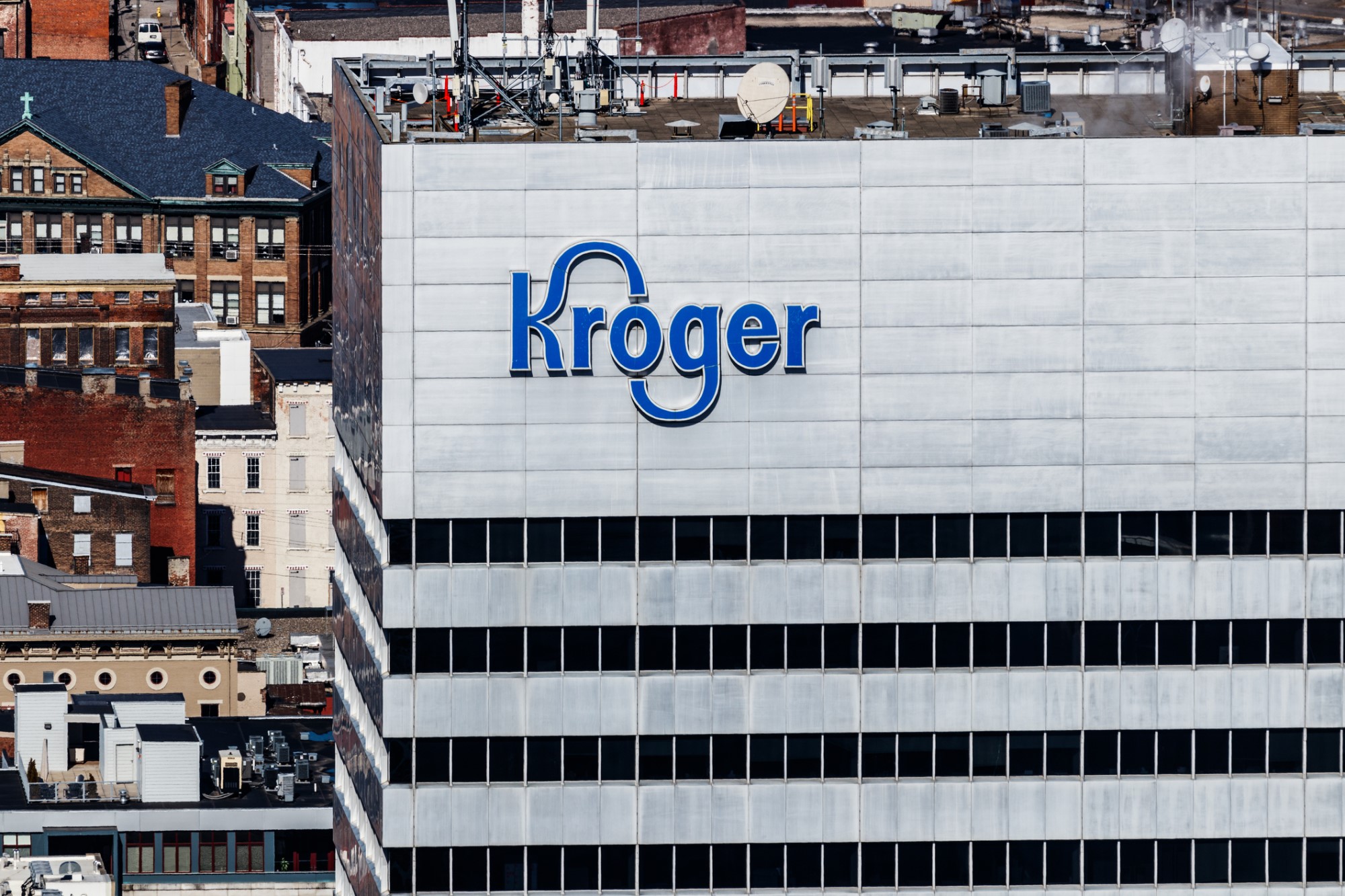To Tip or Not to Tip: D.C.’s Ballot Initiative 77
As debates about immigration stirred up controversy in the capital, D.C. held its primary elections last Tuesday, with citizens casting their vote for mayor, city council, representatives in Congress, and most controversially, Ballot Initiative 77. Though news from the capital usually takes the form of Congress’ latest political battle, Initiative 77 made national headlines due to the intense debate that it caused amongst D.C. residents. The initiative asked voters whether or not the pre-tipped minimum wage should be raised from $3.33 to $15 per hour by 2026. On Tuesday June 19th, it passed, winning 55% of the vote and signaling division among D.C. residents. What lies at the heart of this disagreement amongst D.C. residents? Is tipping consistent to American values or a way of reinforcing race and class divisions? And is the “Save Our Tips” campaign truly representative of the tipped workforce?
In order to understand this debate, one should first understand the complicated history of tipping in America. The practice was first introduced during the Industrial Revolution when newly wealthy Americans began copying the practice of European aristocrats, seeing tipping as a symbol of wealth and sophistication. However, when business owners began adopting these practices in the late 19th century, tipping was ideologically opposed by the majority of Americans, and unions fought successfully to ban tipping in many states., It is important to note, however, that this ideological opposition did not extend to people of color. Black Americans and immigrants often did not benefit from the protection of unions, and were forced to work for tips alone.
Social movements and changes in labor laws drastically transformed the service industry in the United States for all workers in the 20th century. After the Prohibition Act of 1919, restaurants faced lower revenues due to the inability to sell alcohol and saw implementing gratuity as a way to stay in business while avoiding laying off their employees. By the time Prohibition was repealed, tipping had become a social norm, and when the first federal minimum wage law was passed 5 years later, the service industry minimum wage was set lower than the standard. This precedent lasted well into the 1960’s, when Congress passed legislation that set the tipped minimum wage parallel to the federal one. However, this standard was repealed in 1996, and the tipped minimum wage reverted back to $2.13/hour. Though this sounds absurd, under federal law, tipped employees are still guaranteed to make minimum wage under what is called the “tip credit”. If employees are not paid in tips equaling the federal, state, or district minimum wage, the employer must make up for the difference, and the “tip credit” is applied. The tip credit is seen as a way to protect both tipped employees and businesses from labor abuse or violating federal law.
Despite all of the changes in labor laws, tipping has persisted well into the modern age, though not without its fair share of critics. D.C. is not the first city to consider raising the minimum wage of tipping. States such as Alaska, California, Minnesota, Montana, Nevada, Oregon, and Washington have also raised their tipped minimum wage to reflect the regular minimum wage. Changes in gratuity have not only been activated at the state level, but restaurants across the U.S. have even banned the practice of tipping at their establishments, often “inspired by a mix of moral, racial, and gender-related issues, rising labor costs, concerns over discrepancies in pay between servers and cooks, and the increasingly shaky foundations of the restaurant business itself.” One Fair Wage, the group who inspired the movement to get Initiative 77 on the ballot, also believes that the current system of gratuity is unfair and unjust to employees in the service industry and “keep[s] restaurant workers living in poverty.”
However, many on the anti- Initiative 77 side are part of the campaign called “Save Our Tips,” which argues that D.C. is unique from New York and San Francisco. Small businesses thrive in the capital, and there is no shortage of small dives and locally owned places to eat. In fact, D.C. has more than 2,200 restaurants, giving it one of the highest restaurant saturation ratings in the nation. Many of the small restaurants in D.C. vocally opposed Initiative 77, and even held events aiming to convince customers and residents to vote against it. In an article titled, “I’m your bartender. I don’t want a raise,” Ryan Aston argues that increasing the tipped minimum wage threatens D.C.’s small businesses. Aston explains that the tip credit already ensures all D.C. tipped employees are making $12.50 per hour (the minimum wage in D.C.). Aston argues that Initiative 77 would abolish the tip credit and “Restaurant profit margins are already often razor-thin, and to be forced to pay the largest (and already highest-earning) portion of a staff four times more than before creates a real accounting problem. Generally, it means you need to bring in more money in sales and cut costs elsewhere. This translates to jacking up menu prices and laying off staff.” As a tipped worker, one could argue that Aston knows the most about the restaurant business. One could also argue that if the goal of abolishing the tip credit really is to help tipped workers, we should be listening to their concerns and what they think is best for them. The Save Our Tips campaign was a powerful force leading up to the D.C. primaries, with primary sponsorship from the Restaurant Association Metropolitan Washington, who claims that bartenders and servers are making well over minimum wage. Data from the D.C. Department of Employment Services backs up this claim, since in 2016 the average bartender made $16.74 per hour and the average server made $14.89 per hour.
But bartenders and servers are not the only tipped employees that are affected by changes in the tip credit. In fact, restaurant workers make up a little over half of tipped workers. Despite this fact, relatively little attention was paid to sectors other than the restaurant industry throughout the campaign to raise the tipped minimum wage and the reaction against it. Supporters of a minimum wage increase argue that other service industry workers have not been able to speak up about this issue because they do not have a large force like the Restaurant Association behind them. Additionally, tipped employees outside of the restaurant industry, and even those in lower level positions such as busboys and dishwashers, tend to have less of an educational background, and come from underrepresented minority groups, sometimes without the ability or tools to bargain on their behalf or speak fluent English. Many of the restaurant against Initiative 77 were “from prosperous northwest D.C. and the capital’s upscale suburbs.” When one considers these factors, it becomes harder to discern whether or not the Save Our Tips campaign was truly representative of the D.C. community of tipped employees.
Now that Initiative 77 has been approved by voters, it will move to be voted upon by the City Council made up of 13 elected officials. Out of these 13 officials, 10 came out in opposition to Initiative 77 during the weeks leading up to the ballot. However, voting against the measure now would put them in an unpopular position with the majority of D.C. voters who approved the measure, though the voter turnout was later revealed to be only 18%. Initiative 77 now is slated to be reviewed by Congress, and there is no promise as to when the legislation will move. However, what has become clear is that raising the minimum wage for tipped employees is not always endorsed by the tipped employees themselves. Situations such as D.C.’s Initiative 77 demand that we ask ourselves who we should hold the mic to when it comes to debating labor reform in our laws and in our culture.





